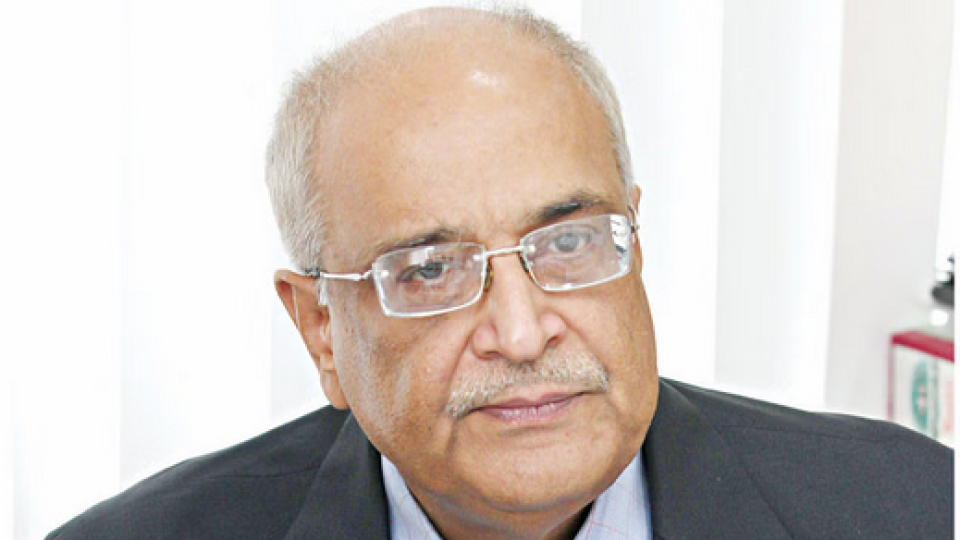May 6, 2024
DHAKA – Persistent high inflation, high debt burden and slow economic growth are the three challenges facing the economy, noted economist Debapriya Bhattacharya said yesterday.
The inflation is pushing low-income and marginalised people against the wall and they are finding it extremely hard to afford food and health care, said the distinguished fellow of Centre for Policy Dialogue (CPD).
Inflation has come down globally, but Bangladesh has not been able to tame it, he told a discussion titled “New Government, National Budget and Citizens’ Aspirations”. The event was organised by the CPD in association with Citizen’s Platform for SDGs, Bangladesh.
In March, consumer prices grew by 9.81 percent, up from 9.67 percent in the previous month, according to Bangladesh Bureau of Statistics (BBS).
Actual erosion of purchasing power of low- and fixed-income people may be much deeper than what the official statistics present, Debapriya said
The country’s reliance on borrowing for debt servicing and debt risk are increasing, and if the private sector debt is taken into account, Bangladesh’s debt-to-GDP ratio is 42 percent, he said.
“The government’s loan from the domestic sources is almost double compared to the foreign debt, which is a sign of big problems… The foreign debt has created pressure on the foreign currency exchange.”
Bangladesh has never fallen behind on debt payment, but “around $5 billion in debt is unpaid in the energy and other sectors”.
Besides, the government’s fiscal space for spending is declining due to the slow growth in GDP.
“If the government wants to achieve the annual target of 7.5 percent [GDP growth] by June 2024, they have to achieve over 10 percent growth throughout the rest of the current fiscal year.”
In the October-December quarter of 2023, Bangladesh’s GDP growth stood at 3.78 percent, as per BBS data.
According to Debapriya, the government is going to place the upcoming 2024-25 budget amid a critical socio-economic and political environment.
“The budget will give us a sign of what the government is thinking about how to rebound from the slowed growth. The upcoming budget is crucial for the government.”
He then urged the parliamentary standing committees to meet at least once every month to ensure good governance and accountability.
Anisul Islam Mahmud, lawmaker of the Jatiya Party, said MPs and parliamentary standing committees make very little contribution to the preparation of the budget.
The weakness in the financial sector resulted mainly from a lack of good governance, he said.
“So, good governance is a must. Whatever has been done in the past is now past. From now on, good governance should be the top priority in all the sectors,” he added.
Echoing the same, former planning minister MA Mannan said, “Good governance should be on the menu. Every country has its own characteristics of governance. The country should put emphasis on it.”
The lack of good governance is a common reason behind all the problems, he said.
Lawmaker AK Azad, also managing director of the Ha-Meem Group of Companies, said “As long as the ministries are free from corruption, the budget benefits will not reach the people, no matter how much allocation is increased.”


